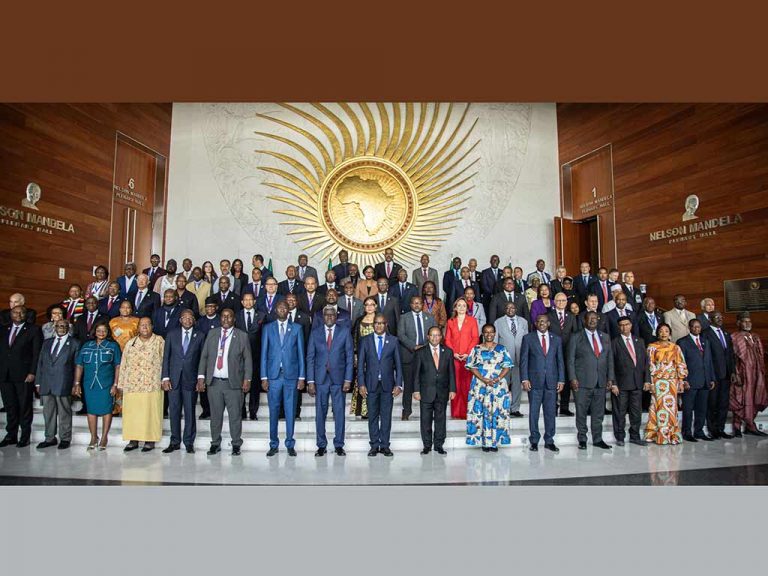African foreign ministers attended the meeting, which took place on February 14 and 15 under this year’s theme “Educate an African fit for the 21st century: Building resilient education systems for greater access to inclusive, lifelong, quality, and relevant learning in Africa.”
Participants also discussed the continent’s progress, challenges, and prospects for development, besides peace and security, the Ethiopian News Agency reported.
In their evening deliberations, foreign ministers, diplomats, and heads of institutions assessed the performance report of the AU institutions and organizations, the committees and subcommittees of the Council, and the 10-year implementation of Agenda 2063, in addition to the plan for the 47th session of the Council.
Other issues included trade and connectivity, institutional reforms, education, agriculture, climate change, human rights, gender, youth empowerment, and the selection of institutions and organizations.
Democratic Republic of Congo, Ghana, Equatorial Guinea, Tanzania, Uganda, Egypt, Angola, Botswana, Ivory Coast, Sierra Leone, and Gambia were elected members of the Political Affairs, Peace, and Security Department for a two-year term, starting April 1.
Several events, including declarations by the institutions and organizations of this political group, will be held this Friday as part of the AU pre-summit activities.
jrr/iff/npg/nmr









